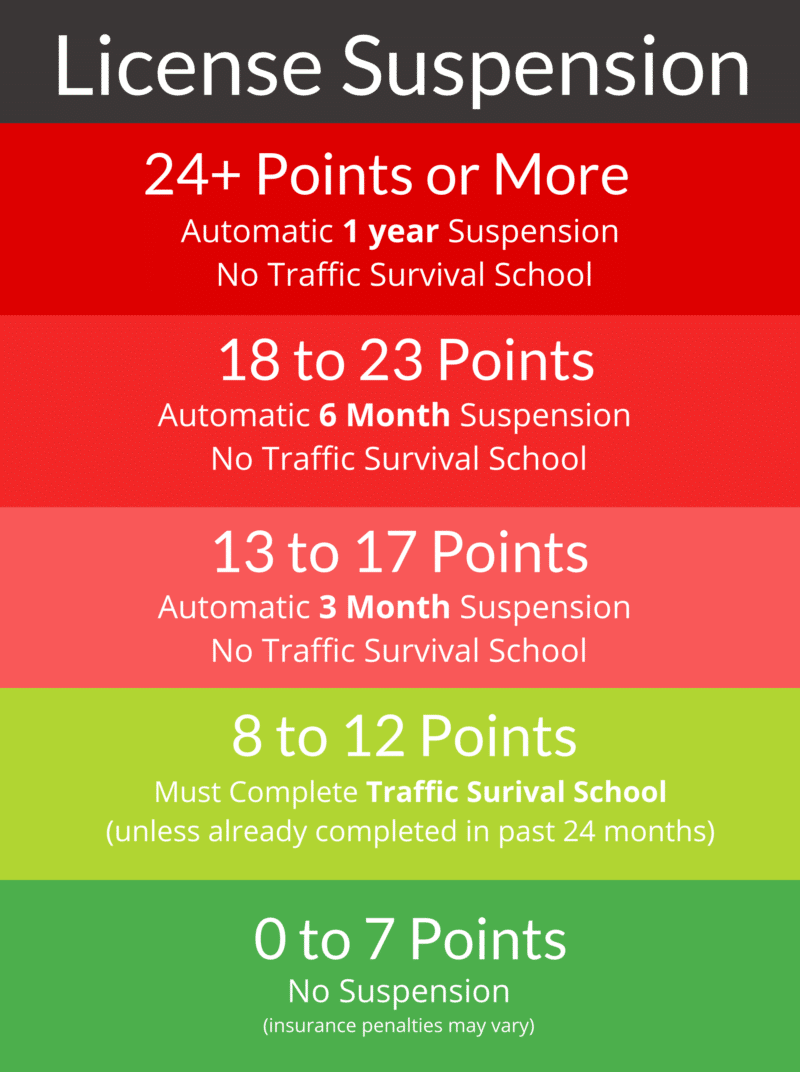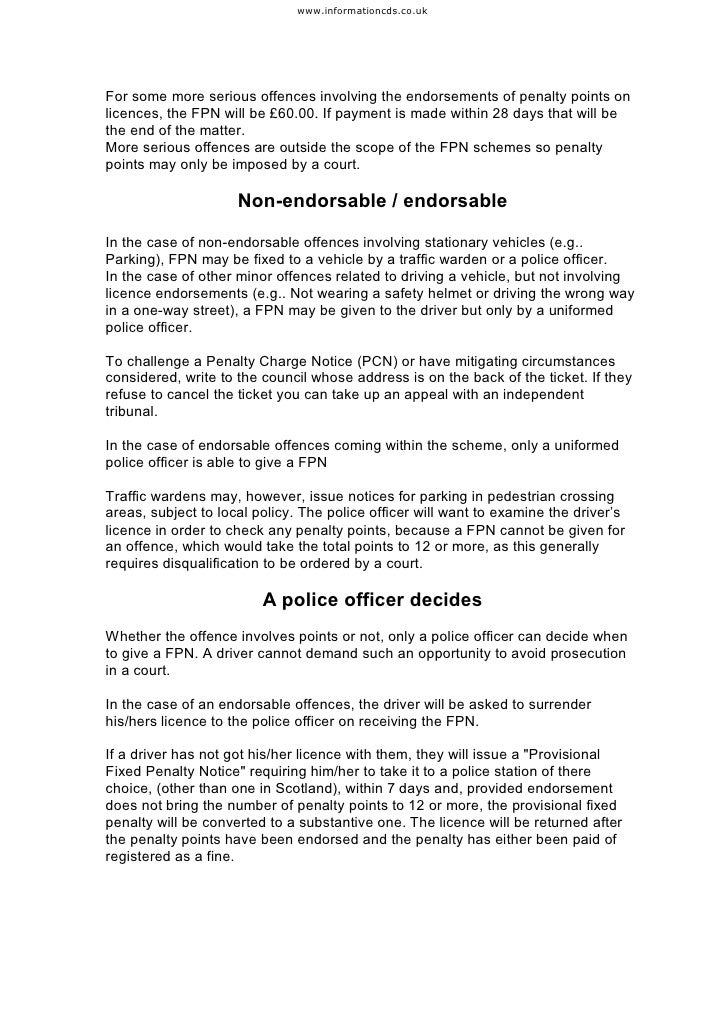How To Check Points On License NJ: A Straightforward Guide For Drivers
Let’s cut to the chase, folks. Checking points on your NJ driver's license doesn’t have to be a mystery wrapped in an enigma. Whether you’re wondering if that speeding ticket from last month stuck or you’re just curious about your driving record, we’ve got your back. Understanding how to check points on your license in New Jersey is essential for any driver who wants to stay on top of their game—and avoid hefty fines or worse, suspension.
Now, before we dive into the nitty-gritty, let me ask you something—do you know what those little points mean? They’re not just random numbers; they’re a reflection of your driving behavior. Each point could lead to higher insurance premiums, penalties, or even jeopardize your ability to drive legally. So yeah, it’s kinda a big deal.
Don’t worry, though. This guide will walk you through everything you need to know about how to check points on license NJ. From accessing your driving record online to decoding what those points actually mean, we’ve got all the answers you’re looking for. So buckle up, grab a coffee, and let’s get started.
Read also:Unlocking The World Of Child Sotwe A Deep Dive Into An Emerging Trend
Why Should You Care About Checking Points?
Let’s face it, nobody likes surprises—especially when it comes to their driver’s license. Points on your license can snowball into bigger problems if left unchecked. For instance, did you know that accumulating 12 or more points in a 3-year period can land you a mandatory suspension? Yeah, it’s serious stuff. Plus, insurance companies love to hike up premiums when they see points piling up. So, staying informed is your best defense.
How to Check Points on License NJ: The Step-by-Step Guide
Alright, here’s where the rubber meets the road—or should I say, where your curiosity meets the DMV’s database. Checking points on your license in New Jersey is easier than you think, but there are a couple of ways to go about it. Let’s break it down step by step.
Option 1: Check Online
Who loves convenience? Everyone, right? Checking your points online is probably the quickest and most hassle-free method. Here’s how you do it:
- Head over to the New Jersey Motor Vehicle Commission (MVC) website.
- Click on the “Driver Services” tab and select “View My Driving Record.”
- Enter your personal details, including your Social Security Number (SSN) or Driver License Number, date of birth, and last name.
- Pay the small fee (usually around $15) via credit card or PayPal.
- Voilà! Your driving record, complete with any points, will appear on your screen.
See? Not so bad, right? Plus, you don’t even have to leave your couch to do it.
Option 2: Visit the MVC Office
For those who prefer the old-school approach, visiting a local MVC office is always an option. Here’s what you need to do:
- Find your nearest MVC office using the official locator tool.
- Bring your ID and proof of identity (like your license or passport).
- Pay the fee in cash or by check.
- Wait your turn, and once you’re called, request a copy of your driving record.
While this method works, it’s definitely less convenient compared to the online option. But hey, sometimes it’s nice to get out of the house, right?
Read also:Honeytoon Teach Me First Full Your Ultimate Guide To Learning With Fun
What Do Those Points Actually Mean?
Okay, so you’ve checked your points—now what? Understanding what those numbers mean is crucial if you want to avoid future trouble. In New Jersey, points are assigned based on specific violations, and each one carries a different weight. For example:
- Speeding: 2 to 8 points depending on how much you were over the limit.
- Reckless driving: 5 points.
- Driving under the influence (DUI): 12 points.
Accumulating too many points can lead to penalties like fines, mandatory traffic school, or even license suspension. Yikes. But don’t panic just yet—we’ll cover solutions later on.
Common Mistakes to Avoid When Checking Points
As with anything involving bureaucracy, there are pitfalls to watch out for. Here are a few common mistakes people make when trying to check points on their NJ license:
- Not verifying your personal information correctly before submitting your request.
- Forgetting to bring proper identification if visiting an MVC office.
- Ignoring outstanding tickets or fines that might delay your request.
Trust me, taking a few extra minutes to double-check these details can save you a lot of headaches down the line.
How Often Should You Check Your Points?
Here’s the thing—regularly monitoring your driving record is a smart move. I’d recommend checking at least once a year, especially if you’ve received any traffic violations recently. Think of it like a credit score check; staying informed helps you address issues early and avoid bigger problems later.
Pro Tip: Set Reminders
Life gets busy, and it’s easy to forget things. To stay on top of your game, set calendar reminders or use an app to notify you when it’s time to check your points again. Small habits like this can make a huge difference in the long run.
Can Points Be Removed From Your License?
Ah, the million-dollar question. Yes, points can be removed from your license, but it depends on several factors. Here are some ways to clear those pesky points:
- Complete a state-approved defensive driving course. This can erase up to 3 points from your record.
- Wait it out. Most points expire after 3 years if you maintain a clean driving record.
- Appeal the violation in court if you believe the ticket was unjustified.
Remember, removing points isn’t instant, but it’s definitely worth the effort if it saves you money on insurance or keeps your license intact.
Understanding NJ’s Point System
Before we wrap up, let’s take a closer look at how New Jersey’s point system works. It’s not as complicated as it seems, but having a solid grasp of the rules can help you navigate the process better.
For starters, every violation comes with a specific number of points. These points are added to your record and stay there for 3 years unless removed earlier. If you accumulate 12 or more points within that timeframe, you’ll face suspension. Simple, right?
Breaking Down the Penalties
Here’s a quick rundown of the penalties associated with point accumulation:
- 6 to 8 points: Warning letter from the MVC.
- 9 to 11 points: Possible probation or restrictions.
- 12+ points: Mandatory suspension of your license.
Again, prevention is key. Keep those points low, and you’ll save yourself a ton of hassle.
How Traffic School Can Help
If you’re already dealing with points on your license, enrolling in traffic school might be your best bet. Not only can it help reduce your points, but it also demonstrates to the MVC that you’re taking responsibility for your actions. Plus, many insurance companies offer discounts for completing such courses. Win-win, right?
Choosing the Right Traffic School
Not all traffic schools are created equal. When selecting one, make sure it’s approved by the New Jersey MVC and offers the specific program you need. Most courses are available online, making them super convenient to complete at your own pace.
Final Thoughts: Taking Control of Your Driving Record
And there you have it, folks. Checking points on your NJ license doesn’t have to be a daunting task. With the right tools and knowledge, you can stay on top of your driving record and avoid unnecessary complications. Remember, prevention is always better than cure, so keep those points in check and drive safely.
So, what’s next? If you found this guide helpful, drop a comment below or share it with your friends. Knowledge is power, and spreading the word about responsible driving is something we can all get behind. Until next time, stay safe out there!
Table of Contents
- Why Should You Care About Checking Points?
- How to Check Points on License NJ: The Step-by-Step Guide
- What Do Those Points Actually Mean?
- Common Mistakes to Avoid When Checking Points
- How Often Should You Check Your Points?
- Can Points Be Removed From Your License?
- Understanding NJ’s Point System
- How Traffic School Can Help
- Final Thoughts: Taking Control of Your Driving Record
Data sources: New Jersey MVC Website, Official State Guidelines, Defensive Driving Course Providers


